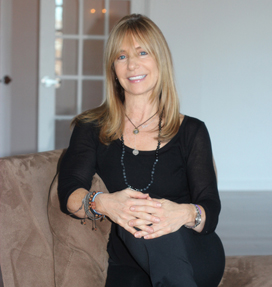Web ExclusiveMindful Living: Tips to Find Inner Peace During the Pandemic Of all the ancient and modern practices designed to wake us, the simple practice of mindfulness has arrived at the forefront of our cultural sensibility. Why is it taking hold so strongly in our American health care, academic, and business institutions? What makes mindfulness so compelling? Over 30 years ago, when Jon Kabat-Zinn, PhD, began sitting and adapting Zen Buddhist mindfulness practices to the health care arena at UMass Medical Center and writing Full Catastrophe Living, no one, including himself, could have predicted the Mindful Revolution. Now more than ever, with health care in the spotlight as we navigate a global pandemic, mindfulness and self-care have become essential to our overall wellness. In fact, there are deep threads connecting our mental health with our physical well-being. While so much is out of our control right now, it’s more vital than ever to focus on taking care of our physical, mental, and emotional well-being. This must begin with the personal responsibility of self-care. It’s pretty simple, although not always easy. The following are some proactive everyday tips for maintaining your mental health and finding inner peace during times of unrest and uncertainty. Stay balanced and grounded through self-care: Tune into your breath and body regularly: Express your feelings to close friends and family; don’t keep them inside: Consider limiting time on social media and watching the news: Mindfully meditate, either formally or informally: Questions to Ask Yourself Due to the coronavirus pandemic, uncertainties in our environment are imminent and constantly changing. Taking action every day to control your mind and focus on self-care can help in maintaining your mental health. And just like everything else, practice makes perfect. — Lisa Langer, PhD, is the author of Deeper Into Mindfulness: Next Steps to Sustain Your Meditation Practice and Find Inner Peace. Langer is a clinical psychologist in private practice, a clinical assistant professor in the department of psychiatry at the Northwell/Hofstra School of Medicine, and the founder of PRACTICE Body Mind Soul company, a wellness center in Roslyn, NY, acquired by the Katz Women’s Institute/ Northwell Health System as their first ever Center for Wellness and Integrative Medicine. She has a 30-plus year history of training in mindful meditation and body practices. |


